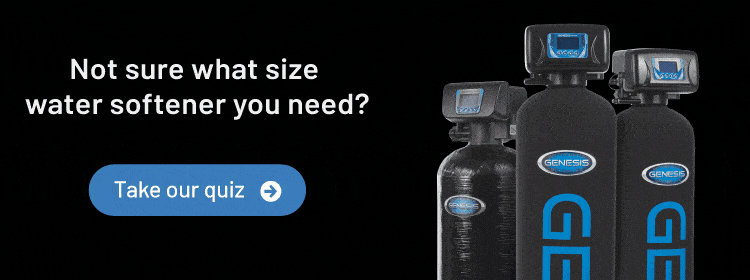Is Your Water Softener Outdated?
Posted by Discount Water Softeners on Jan 11th 2019
A home is an investment into the future. Where we choose to live takes careful consideration and planning, with the hope that we’ve made a sound financial decision for our family. Similar regard should be shown when selecting the items we need to keep our households running smoothly. Investing in the right water softening equipment is as important as selecting any other major appliance, such as our washing machine, dishwasher, water heater, or refrigerator. These are machines, that when running smoothly, make our lives easier. Ignorance is never bliss when it comes to protecting our assets.
Part of home ownership involves understanding how the appliances in your home work, and what to do if they don’t. If you’ve recently purchased a water softener that isn’t operating correctly, it may be due to improper sizing, improper settings or even improper installation. In that case, call your installer to remedy the problem. If your water softening system isn’t new and it’s on the fritz, it could be anything from a clogged injector to a fouled or exhausted resin bed, or sediment build-up in the injector. If you have an outdated softener that requires frequent repairs and maintenance, it may be time to trade up.
Newer, “smarter” technology offers high efficiency water softening using less salt and water, and lower operational costs. Managing hard water in your home is easier than ever with superior systems designed to improve efficiency and decrease the likelihood of human error. Water usage, salt levels, and flow rates can be difficult to monitor. But easy programming and simple design, along with advanced features, provide good incentive to homeowners wishing to upgrade an old system they’ve been struggling with.
How To Tell if Your Water Softener Is Working
When it comes to softening your water and removing hard minerals, water softeners are pretty reliable. If your softener is working correctly, you won’t have to worry about drinking from film-covered glasses or scrubbing hard water spots off your shower door. If you start to notice white or yellowish caking around the openings of your water fixtures and a decreased flow of water, more than likely your water softener needs some attention.
Eventually, this type of mineral build-up won’t just look awful on the outside, but it can wreak havoc on the insides of your pipes, too. The accumulation of scale inside large and small water-using appliances alike trigger the onset of costly repairs and replacement. If your equipment is malfunctioning, there are a few common water softener issues to look for.
Clogs and blockages can occur in the interior of a water softener brine tank. A salt bridge may form due to high humidity, temperature changes near a water softener, or adding too much, or the wrong type of salt. The bridge creates a space between the water in the tank and the salt, preventing the salt from dissolving in the water to form brine.
If your system is running, but not producing softened water, a salt bridge may be covering the water in the tank. Using a long stick or broom handle to carefully break up the crust can do the job, but if you’re worried about causing damage, it’s best to call a professional for help.
Salt-based water softeners use ion exchange resin beads to attract hard water ions. Once the resin bed is loaded with hard water ions, the softener must regenerate with salt to continue working. Effective regeneration is critical for long-term softening performance. If your tank is regenerating and running out of soft water more quickly than usual, check to see if your system is using salt at its normal rate. If it is, then it’s more than likely the resin bed has become saturated with deposits or damaged by chlorine, therefore losing its ability to regenerate with brine.
Resin cleaner can be used to flush the deposits, but if you have a damaged resin bed, cleaning it won’t solve the problem. You’ll need to replace the resin bed altogether. Resin is designed to last 12 to 5 years on average depending on water quality and usage.
Changing the filter and cleaning your water softener is part of regular maintenance; it has a significant impact on the longevity of your system. Filters do the heavy lifting in the beginning of the softening process. They trap sediment from infiltrating your system, so when your filter is dirty, the functionality of the entire system is affected. Filter replacement is optimal every 3-5 months. If your water isn’t soft anymore, there’s a good chance that it’s time to open the tank and take a look inside.
Why Is My Water Softener Leaking?
If there’s water pooling around your unit, check to make sure what you’ve got is actually a leak, and not merely condensation. A leaking water softener should be unplugged from its power source immediately. If your unit has been installed with a bypass valve, you can employ this feature to have water bypass the softener until you are ready to use it again.
Leaks can stem from loose connections, cracked tanks, or worn valve seals. Tighten all water fittings and look for cracks in the bypass valve assembly. If you suspect a leak from the pressure relief valve, place a receptacle under the area to see if water collects. Often, resolving a leak is as simple as an O-ring replacement to correct the seal.
Another possible cause of leakage is a torn seal. The seals and spacers are part of most water softener designs and can fail over time. A seal failure is usually caused by debris that can enter into your raw water supply from an outside source. When the system piston moves from position to position it rubs against the seals. If debris gets in that area it can cause a tear thus resulting in a leak. Correcting this type of leak would require replacement of the damaged seal.
Tackling Hard Water
When faced with frequent repair and maintenance to keep an outdated softener running properly, hard water mineral damage becomes a very real threat to household investments. Left untreated, calcium and magnesium minerals clog pipes, destroying appliances and plumbing systems. Softening systems double the life of water-using appliances, keeping them free of harmful mineral deposits.
Replacing appliances is a part of owning a home. Whether you’re choosing a new dishwasher, washing machine, or water softener— life expectancy, features, and dependability are important for overall value and long-term cost-effectiveness. New technology has made softening water increasingly more convenient and reliable for homeowners. Don’t under invest in the household appliances that can make your life simpler and more enjoyable.

